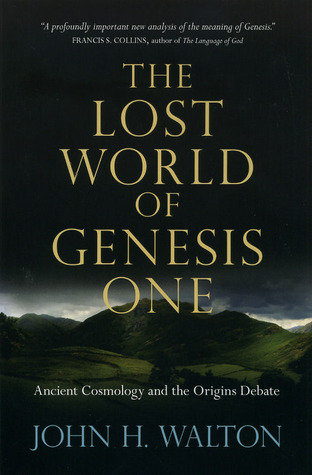More on this book
Community
Kindle Notes & Highlights
Read between
August 8 - August 10, 2023
Despite all the distinctions that existed across the ancient world, any given ancient culture was more similar to other ancient cultures than any of them are to Western American or European culture.
The point is not that the biblical text therefore supports an old earth, but simply that there is no biblical position on the age of the earth.
Viewing Genesis 1 as an account of functional origins of the cosmos as temple does not in any way suggest or imply that God was uninvolved in material origins—it only contends that Genesis 1 is not that story.
There would be no reason to think that the sun had not been shining, plants had not been growing, or animals had not been present.[4] These were like the rehearsals leading up to a performance of a play. The rehearsals are
only when the audience is present. It is then that the play exists, and it is for them that the play exists.
Science cannot offer access to God and can neither establish his existence beyond reasonable doubt nor falsify his existence. Therefore science can only deal with causation sequences—it cannot establish beyond reasonable doubt that a purpose governs or does not govern that which they observe.
That is, God works intentionally with his own purposes in mind to achieve a final goal. This concerns the realm of theology, or more broadly, metaphysics, and is not the stuff of empirical science.
Instead of offering a statement of causes, Genesis 1 is offering a statement of how everything will work according to God’s purposes. In that sense the text looks to the future (how this cosmos will function for human beings with God at its center) rather than to the past (how God brought material into being).


